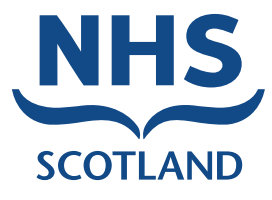The Brief
In 2019 OneMedical Collaborate were invited to provide Business Intelligence support services to Chester Central Primary Care Network, a group of five practices covering a combined population of around 37,700 patients, as part of a twelve month contact.
Objectives
- Data was to be analysed over a twelve month period to help meet the contractual requirements of the Primary Care Network DES and to shape the priorities of the PCN in its inaugural development year
- To gain a more comprehensive understanding of Chester Central PCN’s patent’s need through data interrogation and analysis
- Assist the PCN in identifying areas for development and investment
- Provide accurate data and interpretations in an understandable and interactive format
Approach
We took the principles of data extraction that we have developed from the analytical processes we run every week on our own services. We then took these key templates which look at operational, patient, activity, capacity and demand data and applied these to the PCN.
After producing an initial outline document, we held a meeting with the practice managers with the support of our associate consultant to review the requirements. Any additional data points were then added to the data spec ready for the first data run.
We also looked at any patient pathways that were of interest to the PCN and what we felt they should focus on given the potential resource available to them through the DES/ LES funding stream.
The project was split into quarterly reports and a further supporting deep dive into any conditions to help identify investment opportunities and to track the impact of changes implemented throughout the year.
To run the reports anonymised data was extracted from the clinical system, in this case EMIS Web, and analysed by the OneMedical BI Team. We run the data through Microsoft Power BI for the quarterly reporting and Tableau for the supporting deep dive data.
The data was then presented back to the PCN in the form of a data pack with supporting narrative. The data pack was initially reviewed and presented to the practice managers and then to the council meeting.
This allowed the OneMedical team to provide its recommendation to the clinical directors and get direct feedback on the data. In turn, this gave us the opportunity to be agile with the direction we took the next quarters data, what we might want to add in and what to focus on.
It leads to a truly collaborative effort.
Outcomes
The outcome was a range of bespoke PCN Dashboard, illustrating:
- Key population metrics
- Patient profile data
- Vulnerable patient groups
- Appointment usage and DNA rate
- Demand prevalence
- QOF performance
- Online usage
- Work force utilisation
Data Dashboard examples
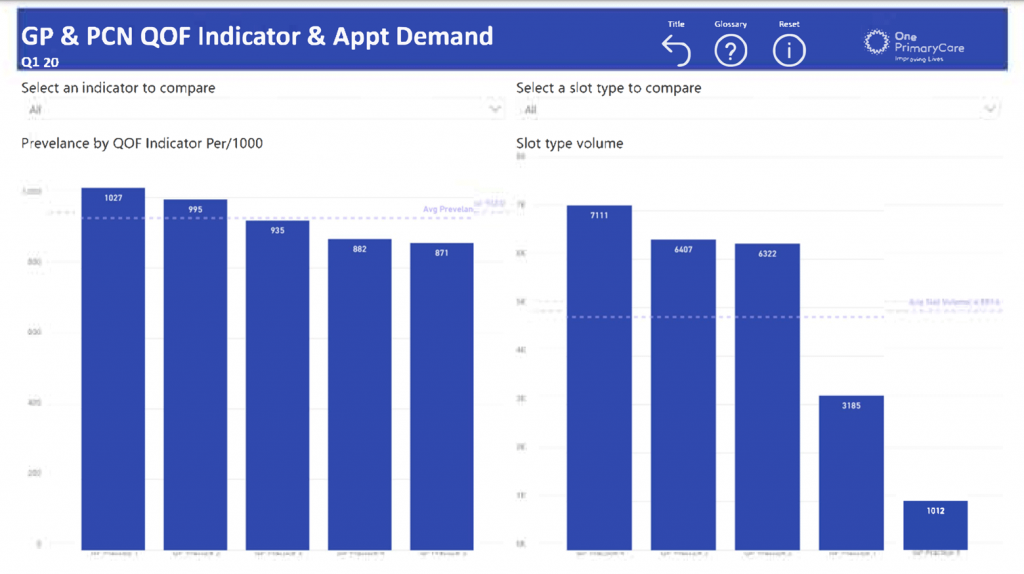
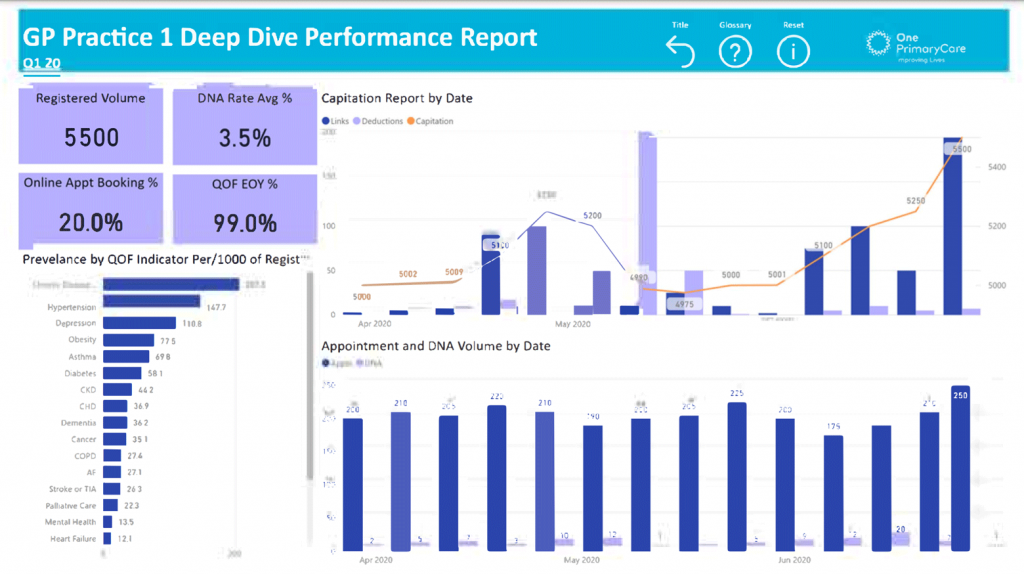
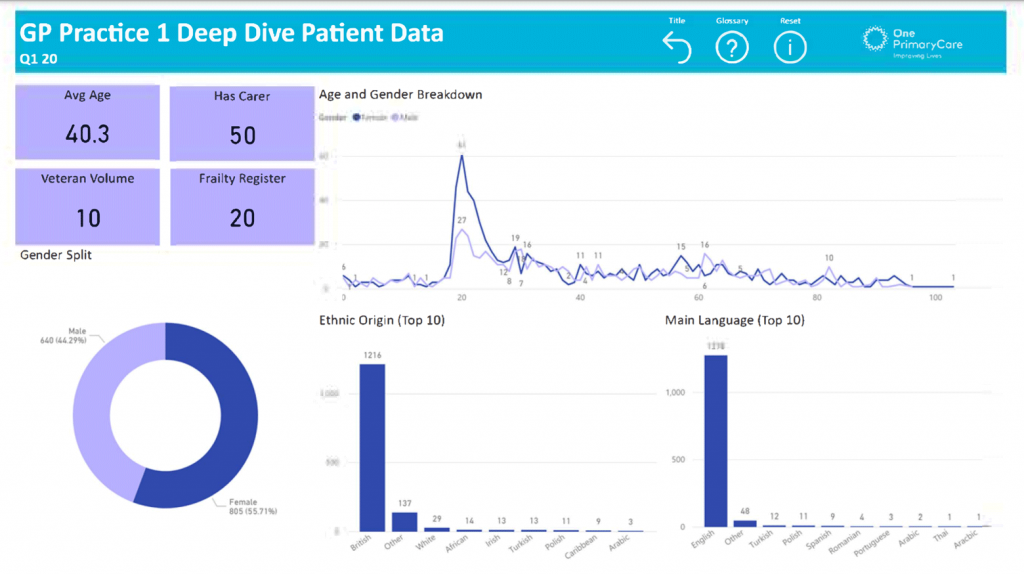
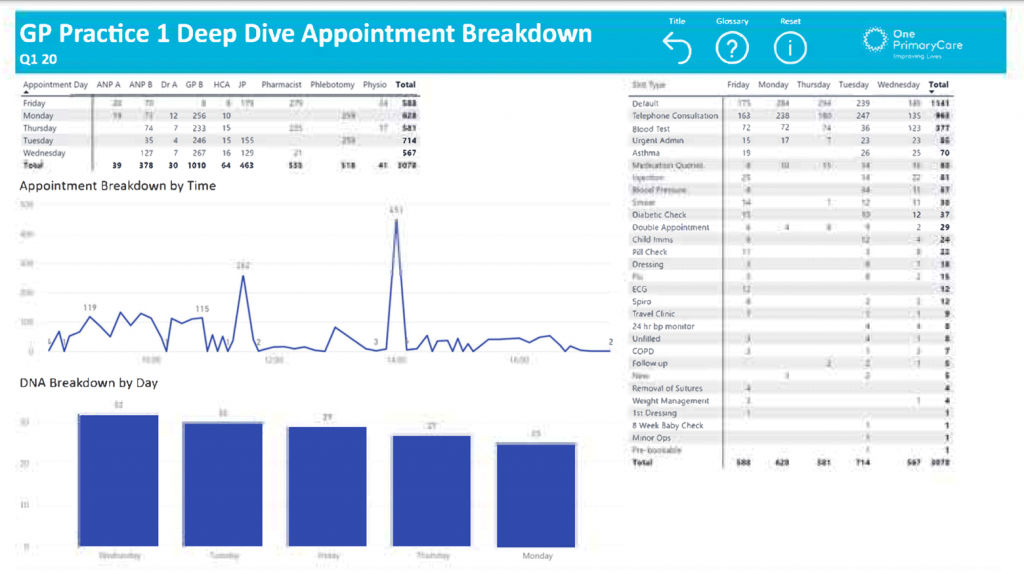
Demand Data Insights
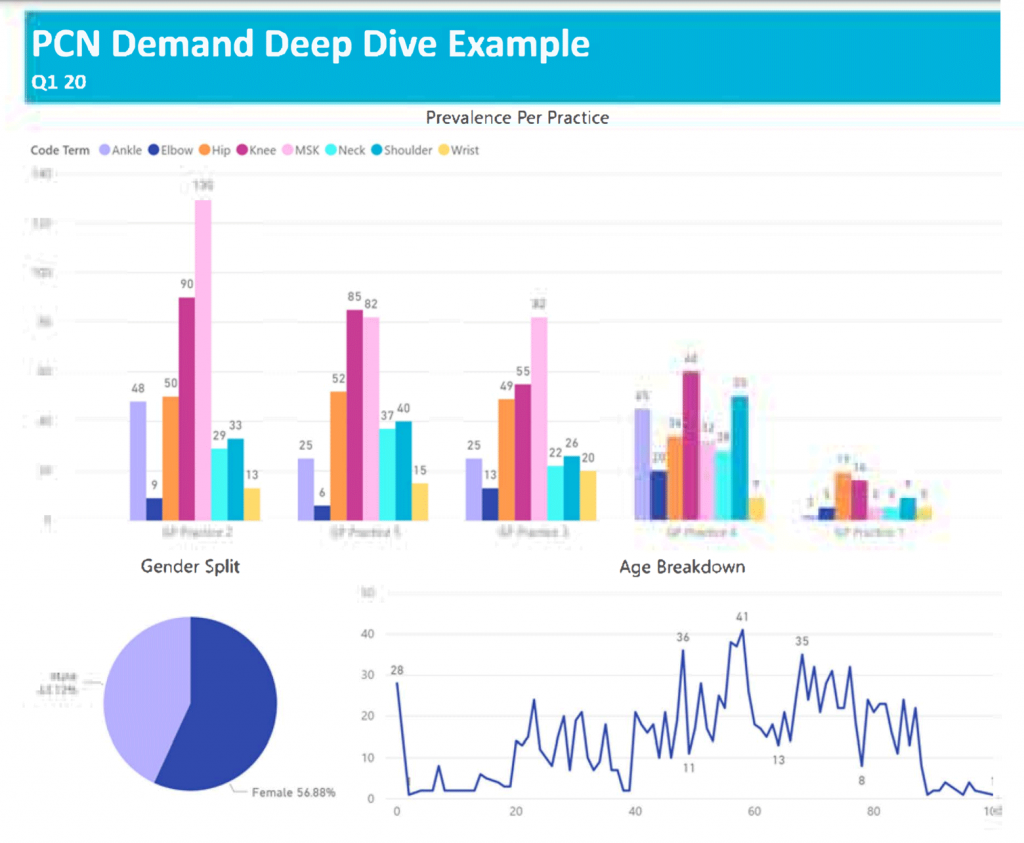
Looking at demand between the practices to identify those which need different types of services.
Are these practices seeing the different or same type of patient and are there any opportunities for shared resource?
Gender and Age split to see if there is a specific part of the population that the services need to be focused on.
We are able to pull this data overtime to see what the impact to the change of services has been.
Trend Data Insights
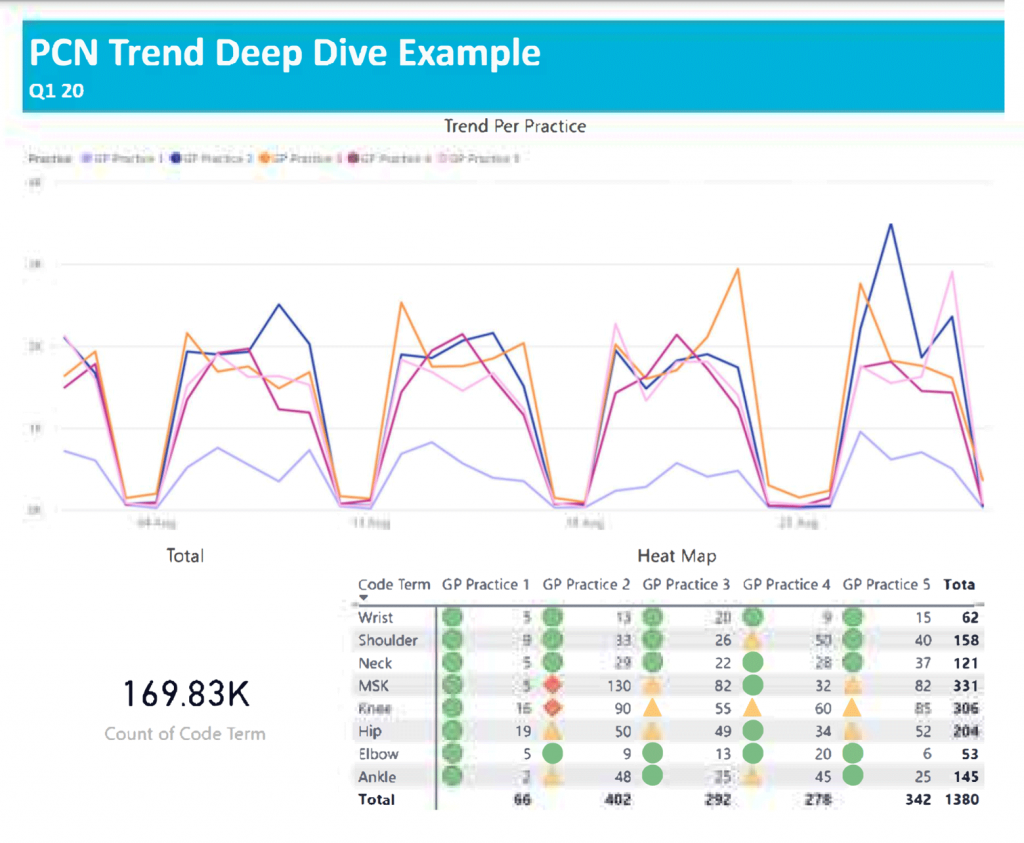
We take large sets of data out of the clinical systems and aggregate them into simple visuals look at volume and trend.
We look at what the demand has been at the services over a period of time.
Are the practices seeing any types of peaks or troughs that means we can shared and use resource better?
Are there any hot spots the data can show us that we cannot see by simple logging into the clinical system?
The dashboard data aided the PCNs decision making process, and helped to evidence the impact that changes had to patient outcomes.
Following on from our initial review and the amendments to the patient pathways off the back of the data, the DNA rate at the PCN has gone down 0.5% from Q3 to Q4 2019/20 which is ~150 contacts saved across the PCN.
Demand has now started to be picked up by alternative roles other than the GP, such as a Mental Health Clinician, meaning a patient is more likely to get the right care first time leading to better access and less likely for a repeat attendance.
“Our work is a key building block to the PCN’s approach to population health management. This approach supports the local health and care system’s strategic priorities in line with the NHS Long Term Plan. It ensures that decisions taken in relation to service development, workforce planning and operating models are made based on factual data analysis. With a track record of delivering business intelligence services for PCNs, general practices and urgent care services we are well placed to provide strategic advice and support to the CCGs, ICPs and STPs, both in meeting their priorities and transitioning to an integrated care system.”
Dan Carter, Head of Business Intelligence for OneMedical


